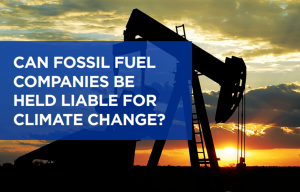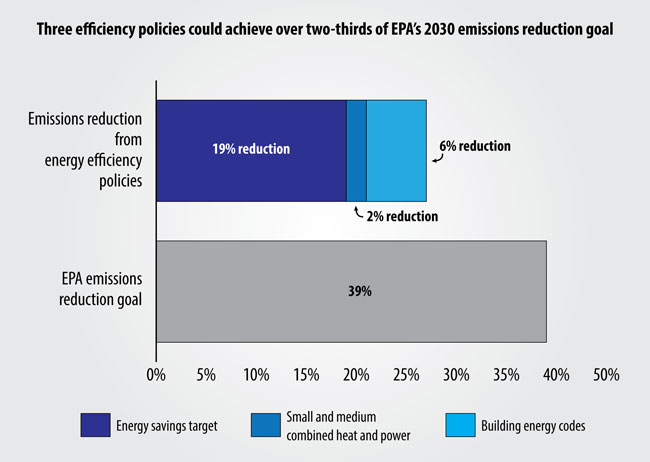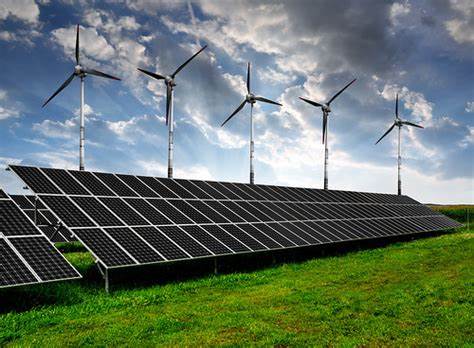by Justin Gundlach

We know that burning fossil fuels is the main cause of anthropogenic climate change, and that climate change is the source of adverse impacts on communities and even regional and national economies. Those impacts—sometimes irksome, sometimes devastating—are increasingly obvious, and the causal mechanisms that connect them to the emission of greenhouse gases increasingly well understood. In addition to this basic causal link, we know something more: the companies that profit from extracting fossil fuels have understood this aspect of climate science for some time, yet their response has not been to stem the harmful flow of emissions. Instead, it has been to stem and confuse the flow of information about climate change to the public and political leaders.
These points are largely undisputed. What remains very hotly disputed is whether they do or should add up to legal liability on the part of companies that profit from the extraction and sale of fossil fuels.
The Sabin Center hosted a discussion of this issue among several leading experts:
* Peter Frumhoff, Director of Science & Policy at the Union of Concerned Scientists;
* Sharon Eubanks, an attorney at Bordas & Bordas who previously led the U.S. government’s RICO case against Big Tobacco when she was an attorney at the Department of Justice;
* Thomas A. Lorenzen, an attorney at Crowell & Moring LLP who has led the coalition of petitioners challenging the Clean Power Plan before the D.C. Circuit and Supreme Court; and
* Gerald Torres, a professor at Cornell Law School whose recent work has focused on interactions between social movements, litigation, and legislative change.
Read on below the jump about the contents of their presentations and of the discussion that followed.
Peter Frumhoff led off, presenting two key points. First, new research has traced to just 90 fossil fuel firms the following percentages of anthropogenic carbon dioxide and methane emissions, global mean surface temperature (GMST), and global sea level rise (GSL):
From 1880 to 2010: GHGs: 57% GMST: 42–50% GSL: 26–32%
From 1980 to 2010: GHGs: 43% GMST: 29–35% GSL: 11–14%
Frumhoff’s second point related to campaigns launched in the 1990s by leading fossil fuel firms, most notoriously ExxonMobil, to sow doubt among the public regarding climate science. These campaigns were undertaken a decade or more after scientists on these companies’ payrolls had confirmed the accuracy of the basic scientific link between anthropogenic emissions and disruption to the climate.
Next up was Sharon Eubanks, who described several parallels between the situation that preceded successful RICO litigation by the federal government against tobacco companies and the present situation with respect to fossil fuel companies and climate change. She said that the analogy between the two “is strong” and that “there’s a blueprint for a RICO lawsuit that could be brought.” She concluded by clarifying: “It’s not just about suing them – though I love a great lawsuit.” The remedy is what matters.
Eubanks was answered by Thomas Lorenzen, who began by observing that fossil fuels are unlike tobacco because all Americans pay for and benefit from their use. This, he argued, makes the case Eubanks posited inappropriate for a judicial remedy. “What is the class of victims? It’s everyone. What is the class of tortfeasors? It is, by the same token, everyone.” He characterized the question of the liability of fossil fuel firms as a political one—meaning that it would be subject to the political question doctrine sometimes used by courts to determine whether they are competent to decide a particular case. He also observed that the law was settled regarding EPA’s authority to regulate greenhouse gases as pollutants under the Clean Air Act, but that EPA having such authority displaced federal common law claims even if EPA did not exercise that authority vigorously.
Professor Torres followed, opening by noting that litigation has historically served multiple purposes, including the posing of questions to Congress rather than answering them for good and all. He then described two live cases: Juliana and cases recently filed by California localities. The plaintiffs in Juliana have sued the federal government, arguing that the public trust doctrine vests it with an obligation to protect natural resources that are owned in common and necessary for collective well being. The California plaintiffs, by contrast, are seeking money damages from fossil fuel companies to offset the costs required to adapt to, among other things, rising sea levels. After noting key issues highlighted by these cases, he observed—responding to Lorenzen—that “We are all at fault. But that doesn’t mean that no one is culpable. Just because we all benefit doesn’t mean that the people benefiting the most or knew in advance shouldn’t be held liable.” On the other hand, he said, “Just because we know there’s a moral or ethical defect doesn’t mean there’s legal liability.”
The questions and answers following the panelists’ initial presentations covered a variety of points. The panelists were asked to propose just remedies—their responses included prohibiting further disinformation efforts, providing relief to communities damaged or displaced by climate impacts, and making investments in decarbonization efforts. They were asked why a court could not force congressional action as the Supreme Court had done in the 1970s, when it prompted Congress to adopt the Prevention of Significant Deterioration provisions of the amended Clean Air Act—Lorenzen responded that this moment had arguably already occurred with respect to climate change in Massachusetts v. EPA, the decision in which the Supreme Court rejected EPA’s arguments for not treating greenhouse gas emissions as pollutants under the Clean Air Act. Further questions focused on how exactly the attribution of extreme events worked, whether social movements lay the groundwork for court decisions, among other things.
A video recording of the event will shortly be available for streaming, and will be linked here.



